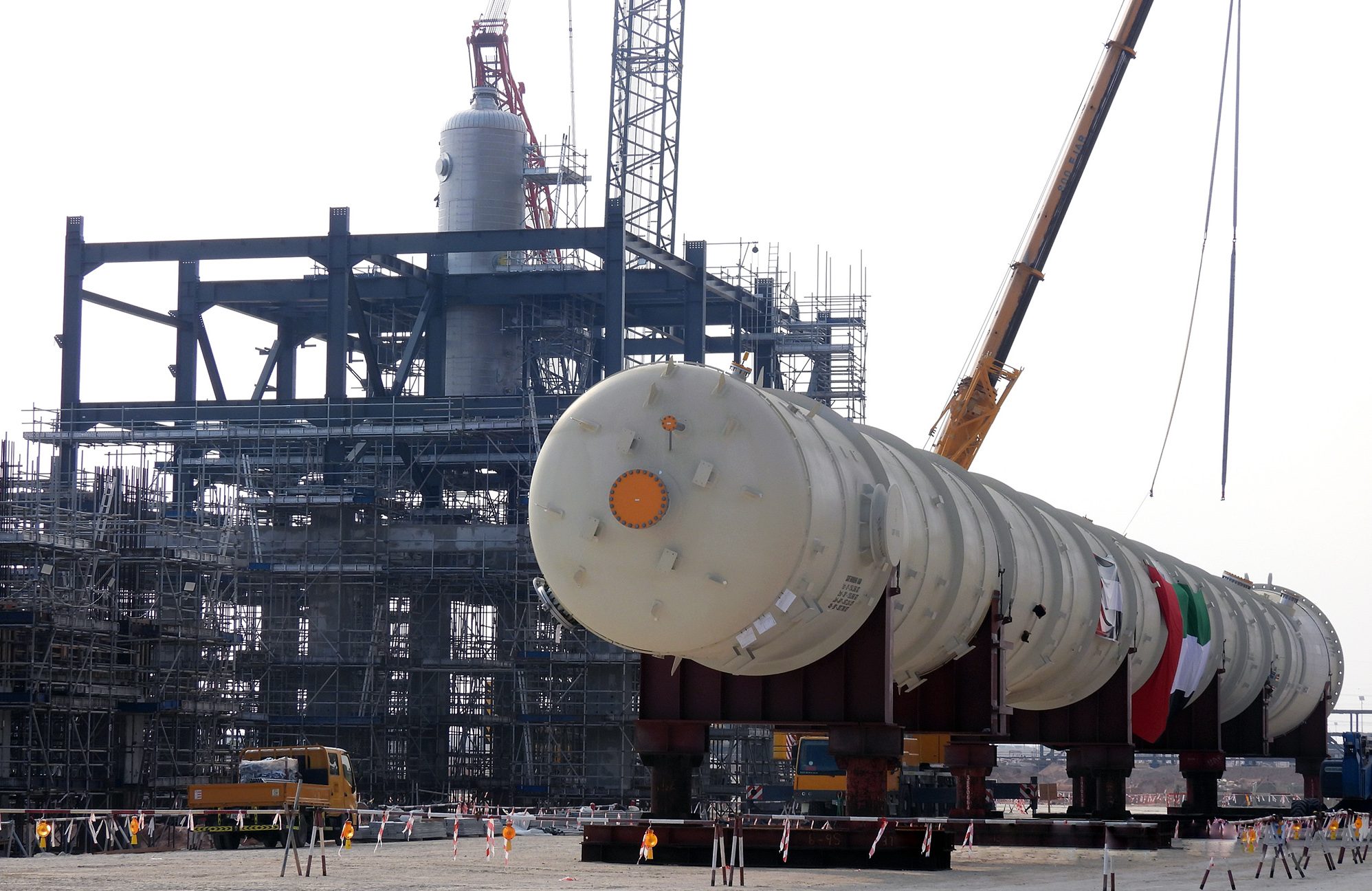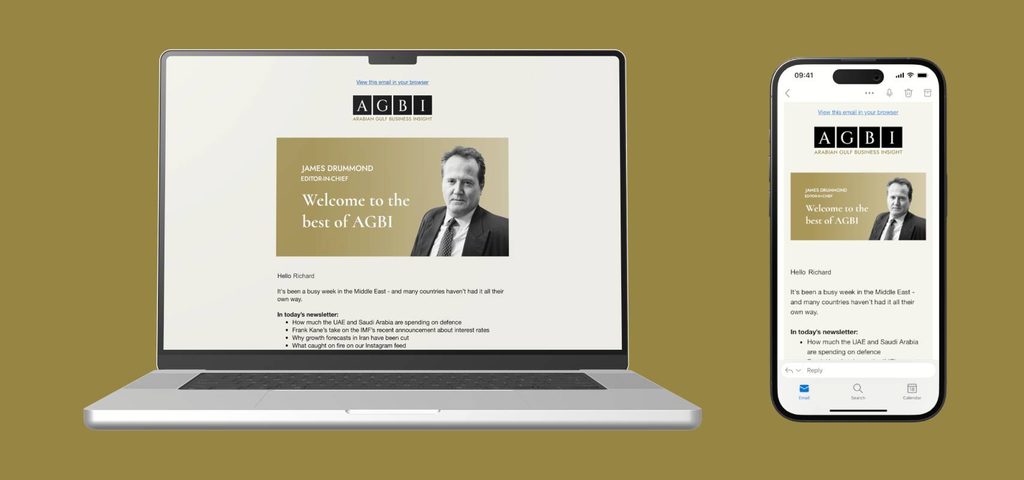- VIDEO
- Industry
Borouge to treble production despite lacklustre demand
- Borouge 4 to open next year
- Capacity will increase to 6.4m tonnes
- Petrochemicals supply exceeding demand
The UAE petrochemicals company Borouge is to treble annual production capacity at its $6 billion polyolefin complex, despite forecasts of an oversupply in the sector.
Once completed next year, Borouge 4 will be the world’s largest single-site producer of polyolefins, plastics mainly obtained from oil and natural gas.
Borouge’s CEO, Hazeem Al Suwaidi, told AGBI on a tour of the 3 million square metre site in Ruwais, Abu Dhabi, that the company will increase annual production capacity by more than 1 million tonnes to over 6 million tonnes.
Al Suwaidi was not concerned about predictions that annual global petrochemical capacity will exceed demand by around 218 million tonnes a year between 2023 and 2025.
“Of course, there is always a cyclicality in the market with supply and demand,” he said. “This is what we have been navigating through 2023.
 Borouge
Borouge“When we look at the polyolefin landscape, there have been continuous expansions and additional capacities coming into the market.”
- Borouge’s 2023 profit falls 29% on produce price drop
- Borouge secures two new $15m contracts from UAE firms
- To get ahead, plastics producers need to be running in circles
A report by S&P Global said that economic uncertainty and weak operating rates were expected to limit prospects for a global petrochemicals recovery in 2024. Demand was showing signs of stabilisation, but oversupply would continue to weigh on margins, it said.
The Gulf Petrochemicals and Chemicals Association said that despite the Middle East being in an advantageous cost position, producers in the region would not be immune to lacklustre global demand.
Borouge is owned by Adnoc and Austria’s Borealis.
Watch the video for our interview and tour around Borouge 4
Register now: It’s easy and free
AGBI registered members can access even more of our unique analysis and perspective on business and economics in the Middle East.
Why sign uP
Already registered? Sign in














